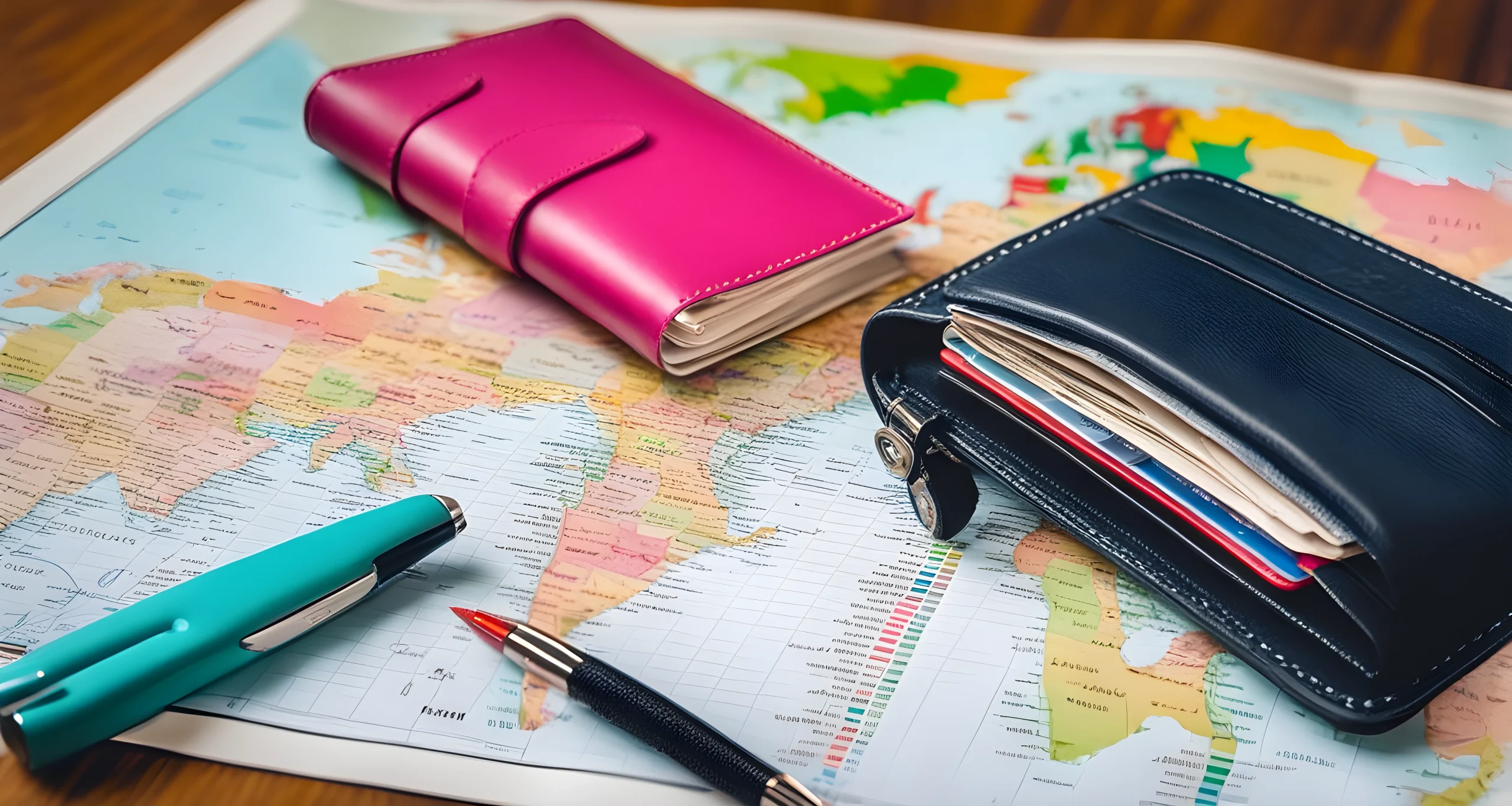Introduction
Sticking to your travel budget is essential for a successful and stress-free trip. Whether you’re planning a weekend getaway or a long-term adventure, managing your finances is crucial. By implementing various strategies and being mindful of your expenses, you can ensure that you make the most of your budget while still enjoying your travel experience.
Researching Average Costs
Before embarking on your journey, it’s important to research the average costs of the destinations you plan to visit. This includes accommodation, transportation, meals, and activities. Websites like Low-cost backpacking hacks offer valuable tips for budget backpacking and can provide insight into affordable travel options.
Choosing Your Destinations and Duration
Selecting destinations that align with your budget is the first step in planning a cost-effective trip. Consider the cost of living in each location, as well as the exchange rate if you’re traveling internationally. Additionally, the duration of your trip will greatly impact your expenses, so be mindful of how long you plan to stay in each destination.
Creating a Detailed Travel Budget Spreadsheet
One effective way to manage your travel expenses is by creating a detailed budget spreadsheet. Include categories such as accommodation, transportation, meals, activities, and miscellaneous expenses. By allocating specific amounts to each category, you can track your spending and ensure that you stay within budget.
Refining Your Budget with Categories and Subcategories
To further refine your budget, consider breaking down categories into subcategories. For example:
- Accommodation: Include subcategories for hotels/hostels, Airbnb rentals, or camping fees.
- Transportation: Break down this category into flights, train/bus tickets, and local transportation.
- Meals: Allocate funds for groceries, dining out, and snacks.
- Activities: Plan for sightseeing tours, museum admissions, or adventure excursions.
- Miscellaneous Expenses: Set aside funds for unexpected costs or souvenirs.
By creating detailed subcategories within your budget spreadsheet, you can gain a comprehensive understanding of where your money is being allocated.
In conclusion,
Sticking to your travel budget requires careful planning and proactive decision-making. However, by implementing these strategies and being mindful of your expenses, you can ensure that you make the most of your budget while still enjoying an amazing travel experience.
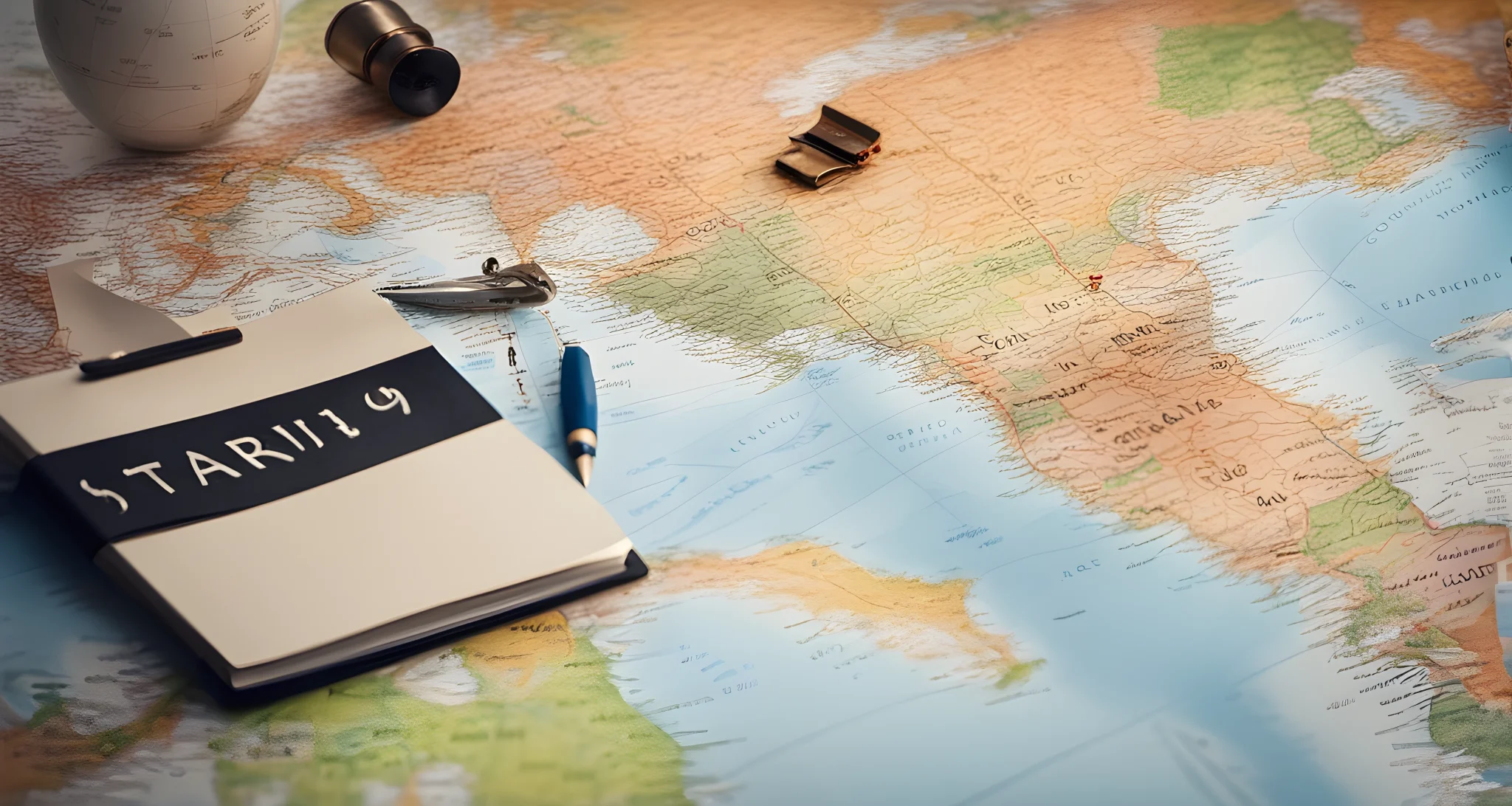
Choosing Your Destinations and Duration
When planning your trip, consider choosing destinations and a duration that align with your budget. Being flexible with your travel plans can open up more affordable options, as monitoring flights and choosing destinations based on those can be a cost-effective strategy. Additionally, visiting friends and family can provide opportunities for free or discounted accommodation, allowing you to stretch your budget further.
Flexibility is Key
- Be open to traveling during off-peak seasons to take advantage of lower prices on flights and accommodations.
- Consider alternative destinations that may offer similar experiences at a lower cost.
- Use flight comparison tools such as Skyscanner or Google Flights to find the best deals on airfare.
Visiting Friends and Family
- If you have friends or family in different cities or countries, consider planning your trip around visiting them.
- Staying with friends or family can significantly reduce your accommodation costs, allowing you to allocate more of your budget to experiences and activities.
Duration Matters
- Shortening the duration of your trip can help reduce overall costs, including accommodation, meals, and transportation.
- Consider a shorter trip with focused experiences rather than trying to visit multiple destinations in one trip.
By carefully considering your destinations and duration, you can make the most of your travel budget and create a memorable experience without breaking the bank. For more tips on saving money while traveling solo, check out Solo Travel Hacks.
Remember that being flexible with your plans can lead to cost savings in various aspects of your trip. Whether it’s adjusting your travel dates or exploring alternative destinations, there are plenty of ways to make travel more affordable without sacrificing the quality of your experience.
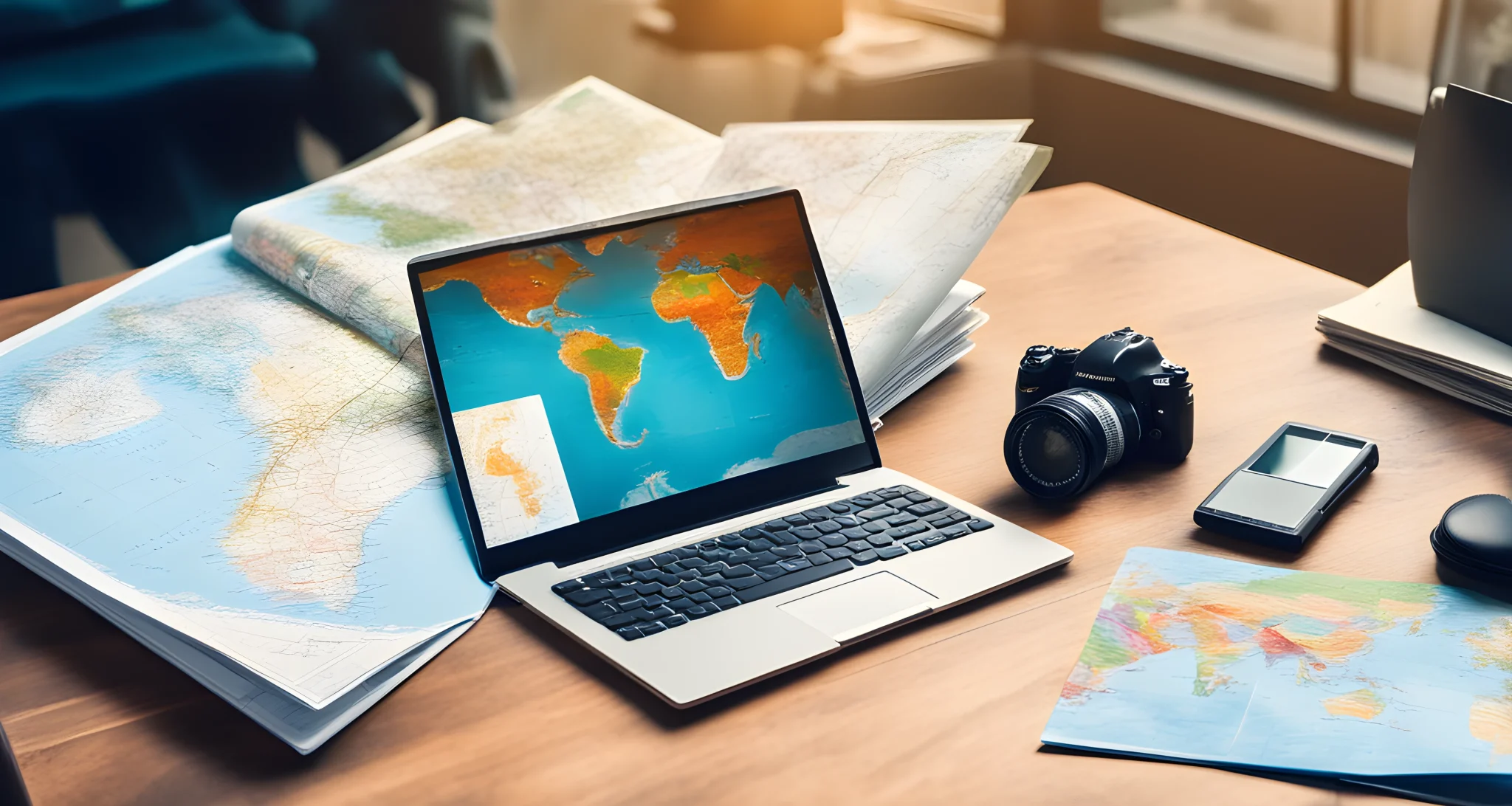
Researching Average Costs
Before finalizing your travel budget, it’s crucial to research the average costs of accommodation, food, transportation, and activities in your chosen destinations. This can help you set realistic daily and overall budgets, ensuring that you have enough funds to cover all necessary expenses.
Utilize Online Resources
- Use travel websites, such as TripAdvisor or Expedia, to compare accommodation prices and read reviews from other travelers.
- Visit travel forums like Lonely Planet’s Thorn Tree or Reddit’s r/travel to get insights from experienced travelers on the average costs of various destinations.
- Consider using cost-of-living websites like Numbeo or Expatistan to understand the general living expenses in different cities or countries.
Consider Seasonal Variations
- Research how prices fluctuate based on the time of year you plan to travel. Popular tourist destinations may have peak seasons with higher costs for accommodation and activities.
- Off-peak seasons can offer lower prices, but keep in mind that some attractions or services may be limited during these times.
Food and Dining Costs
- Look into the average cost of meals at restaurants and street food vendors in your destination. Travel Cooking Tips can help you save money by preparing some meals yourself.
- Research local grocery store prices for essentials like snacks, water, and other groceries to get an idea of how much you might spend on food each day.
Transportation Expenses
- Research public transportation options and their associated costs. Compare this to the price of rental cars or rideshare services to determine the most cost-effective way to get around.
- Look into any city passes or transport cards that offer discounts for multiple journeys.
Activity Costs
- Research the cost of popular tourist attractions, tours, and excursions in your chosen destination. Some attractions offer discounted tickets if purchased online in advance.
- Look for free or low-cost activities such as parks, museums with free entry days, or self-guided walking tours.
By taking the time to thoroughly research average costs for each aspect of your trip, you can create a more accurate budget. This will help you avoid overspending and ensure that you have enough funds set aside for all your planned activities and expenses. Remember that unexpected costs may arise during your trip, so it’s important to build a buffer into your budget for emergencies.
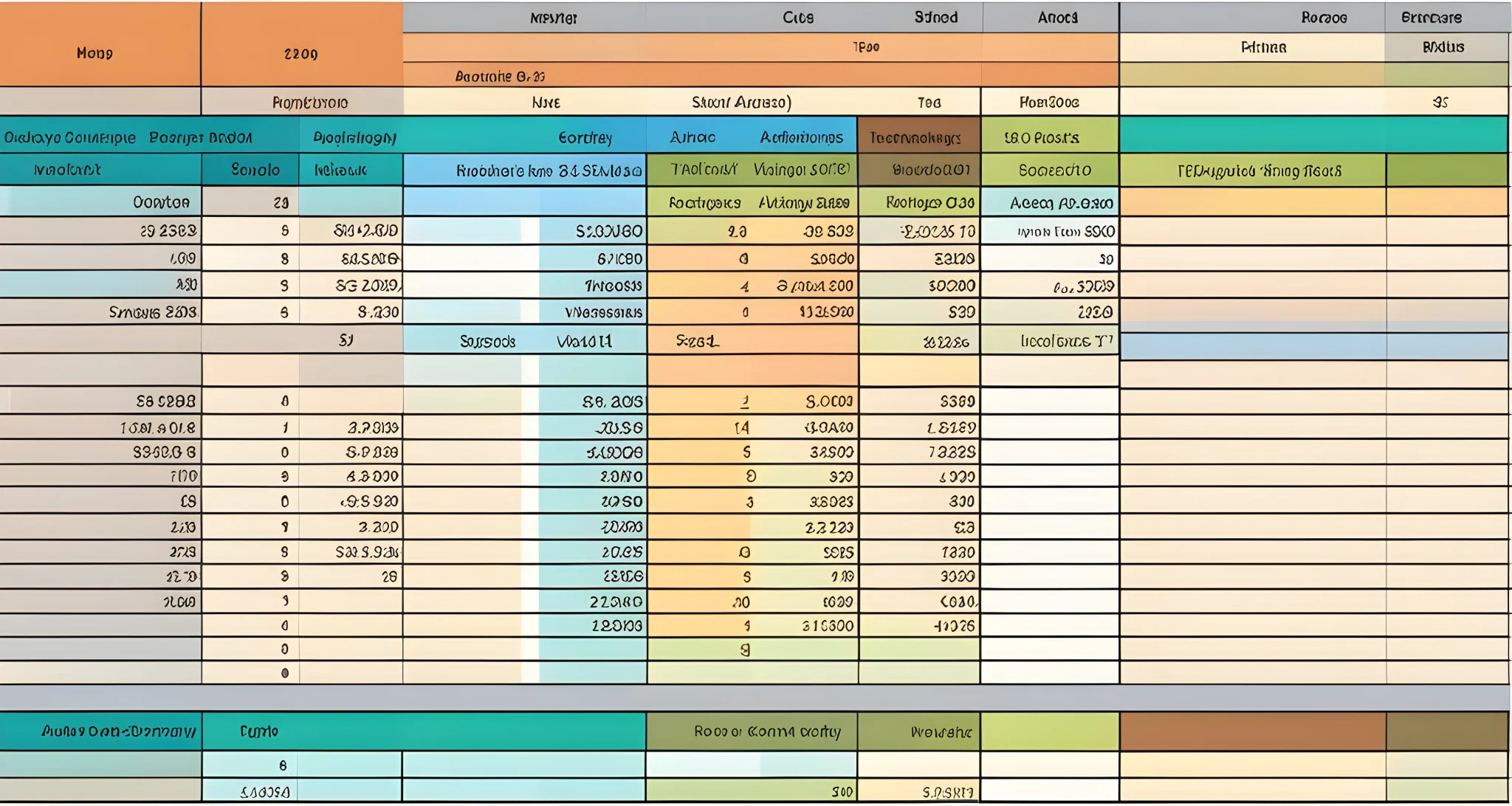
Creating a Detailed Travel Budget Spreadsheet
When it comes to managing your travel expenses effectively, creating a detailed travel budget spreadsheet can be a game-changer. This tool allows you to categorize and track your expenses, giving you a clear overview of where your money is being allocated. Here are some tips for creating an effective travel budget spreadsheet:
Categorize Your Expenses
- Accommodation: Include the cost of hotels, hostels, or vacation rentals.
- Food: Consider the cost of dining out, groceries, and snacks.
- Transportation: This category should cover flights, trains, buses, rental cars, and local transportation.
- Tours and Activities: Budget for any excursions or activities you plan to participate in during your travels.
- Souvenirs and Miscellaneous: Allocate a portion of your budget for shopping and other miscellaneous expenses.
Include an ‘Over Budget’ Fund
It’s important to have a safety net for unexpected expenses or splurges. By including an ‘over budget’ fund in your spreadsheet, you can avoid feeling stressed if you go over budget in certain categories. This fund can give you peace of mind and flexibility during your travels.
Utilize Subcategories
To further refine your budgeting process, consider using subcategories within each main expense category. For example:
- Food:
- Restaurants
- Cafes
- Groceries
- Transportation:
- Flights
- Local Transportation
- Rental Cars
Track Your Expenses
Once you’ve created your detailed travel budget spreadsheet, it’s important to diligently track your expenses as you go. This will allow you to stay on top of your spending and make adjustments if necessary. Consider using a mobile app or keeping receipts to ensure accurate record-keeping.
By following these tips and creating a detailed travel budget spreadsheet, you can effectively manage your expenses and stick to your budget while traveling. Additionally, if you’re looking for more affordable globe-trotting strategies, check out Affordable globe-trotting strategies for additional tips on how to travel the world on a budget. With the right tools and planning, you can make the most of your travel experiences without breaking the bank.
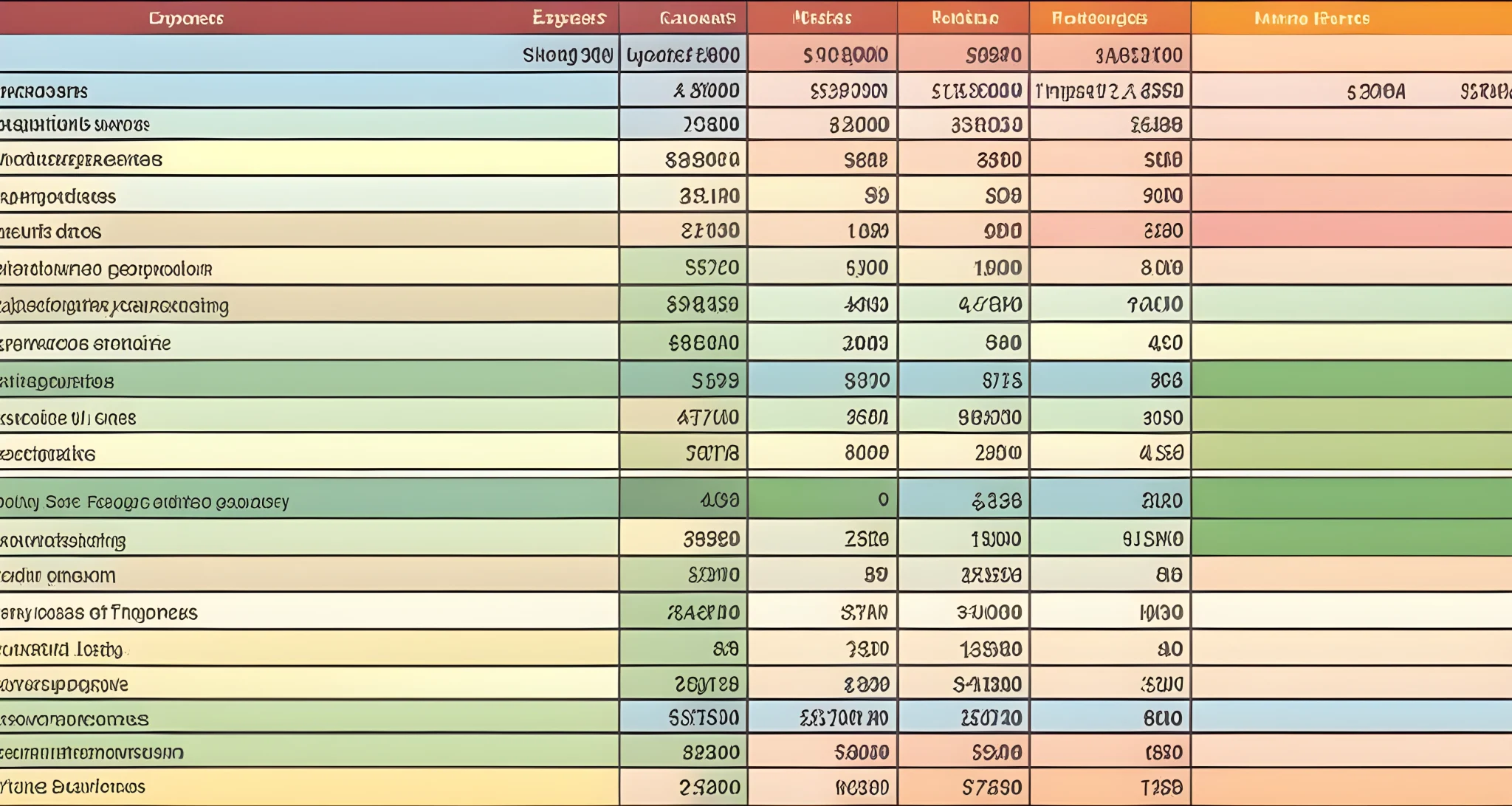
Refining Your Budget with Categories and Subcategories
Now that you’ve created a detailed travel budget spreadsheet, it’s time to refine it with specific categories and subcategories. This will help you track your expenses more accurately and identify areas where you may be overspending. Here are some tips to help you further refine your budget:
Categorize Your Expenses
- Transportation: Include costs for flights, trains, buses, rental cars, and taxis.
- Accommodation: This category should cover hotel stays, Airbnb rentals, or hostel fees.
- Food and Dining: Budget for all meals, snacks, and drinks during your trip.
- Activities and Entertainment: Include ticket prices for attractions, guided tours, and any other entertainment expenses.
- Miscellaneous: Set aside a portion of your budget for unforeseen expenses or souvenirs.
Utilize Subcategories
- Within each main category, consider adding subcategories to further break down your expenses. For example:
- Transportation could include subcategories such as airfare, public transportation, and rental car expenses.
- Accommodation might have subcategories for hotel stays, Airbnb rentals, and hostel fees.
- Food and Dining could be broken down into categories for breakfast, lunch, dinner, and snacks.
Use Expense-Tracking Apps
- Consider using apps like Tricount to split expenses with fellow travelers. This can streamline the tracking process and ensure that everyone is aware of their financial contributions. You can also use apps like Mint or YNAB to track your personal expenses and stay within budget.
Set Realistic Limits
- Once you have categorized and subcategorized your expenses, set realistic limits for each category based on your research of average costs Frugal travel accommodations. This will help you stay on track during your trip.
Monitor Your Spending
- Regularly update your budget spreadsheet with actual expenses to monitor how you’re tracking against your budget limits. This will help you identify any overspending early on so that you can adjust accordingly.
Refining your budget with categories and subcategories will provide a clearer picture of where your money is going during your travels. By utilizing expense-tracking apps and setting realistic limits, you can ensure that you stick to your travel budget without sacrificing the experiences you want to enjoy.
FAQ
How can i manage my travel expenses effectively?
You can manage your travel expenses effectively by creating a realistic daily budget, tracking your expenses, staying in hostels, using public transport, and being selective about attractions and activities.
What should i include in my daily budget?
Your daily budget should take into account various expenses such as accommodation, food, transportation, tours, and souvenirs.
How can i save money on travel accommodations?
You can save money on travel accommodations by staying in hostels, using cash for daily expenses, and visiting friends and family to cut down on accommodation costs.
What are some strategies for finding affordable travel options?
Being flexible with your travel plans and destinations, monitoring affordable flights, and choosing destinations based on those can be cost-effective strategies for finding affordable travel options.
